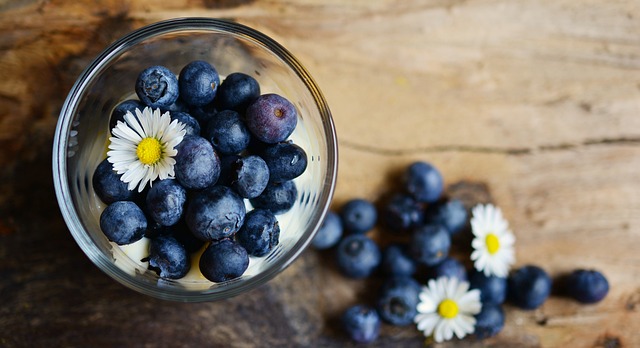Rebalancing Your Relationship with Food Through Probiotics: Navigating Gut Health on your Own Terms
When it comes to gut health and our relationship with food, it can often feel like we are at war with ourselves. We are bombarded with conflicting messages about what we should and should not eat, and it can be challenging to navigate this complex terrain on our own terms.
But there is a powerful tool that can help us rebalance our relationship with food and navigate gut health in a more sustainable and empowering way: probiotics.
What are probiotics?
Probiotics are live microorganisms that can confer health benefits when consumed in adequate amounts. They can be found in fermented foods like yogurt, kefir, kimchi, sauerkraut, and kombucha, as well as in probiotic supplements.
The health benefits of probiotics are numerous and well-documented. They can help support the immune system, improve digestion, reduce inflammation, and even enhance mental health.
How can probiotics help rebalance our relationship with food?
One of the key benefits of probiotics is that they can help diversify the microbiome, the trillions of microorganisms that live in our gut. When our microbiome is diverse and balanced, it can better process and assimilate the nutrients we consume, and help regulate our appetite and cravings.
Probiotics can also help reduce inflammation, which is often a driver of unhealthy food cravings and compulsive eating behaviors. By promoting gut health and reducing inflammation, probiotics can help us feel more satisfied and less preoccupied with food.
Finally, probiotics can help us build a more positive relationship with food by reducing indigestion, bloating, and other gut discomforts that can make eating a stressful and unpleasant experience. When we feel better physically, we are more likely to enjoy food and approach it with a sense of pleasure and gratitude.
How can we incorporate probiotics into our diet?
If you want to incorporate probiotics into your diet, consider adding more fermented foods to your meals. Yogurt is a great option for breakfast, while kimchi or sauerkraut can add flavor and probiotics to sandwiches and salads.
You can also try drinking kombucha, a fermented tea that is rich in probiotics and has a tangy, slightly sweet flavor. Just be aware that kombucha can also be high in sugar, so it’s best to consume it in moderation.
If you prefer to take probiotic supplements, make sure to choose a high-quality brand that contains a variety of strains and is backed by scientific research.
Conclusion
Rebalancing our relationship with food can be a complex and challenging process, but probiotics can be a powerful ally in this journey. By supporting gut health, reducing inflammation, and improving digestion, probiotics can help us feel more satisfied and less preoccupied with food, and build a more positive and empowering relationship with what we eat.
So if you’re looking for a way to take charge of your gut health and nourish your body and mind in a more sustainable and enjoyable way, consider adding probiotics to your diet and see how this powerful tool can help you achieve your health goals on your own terms.







